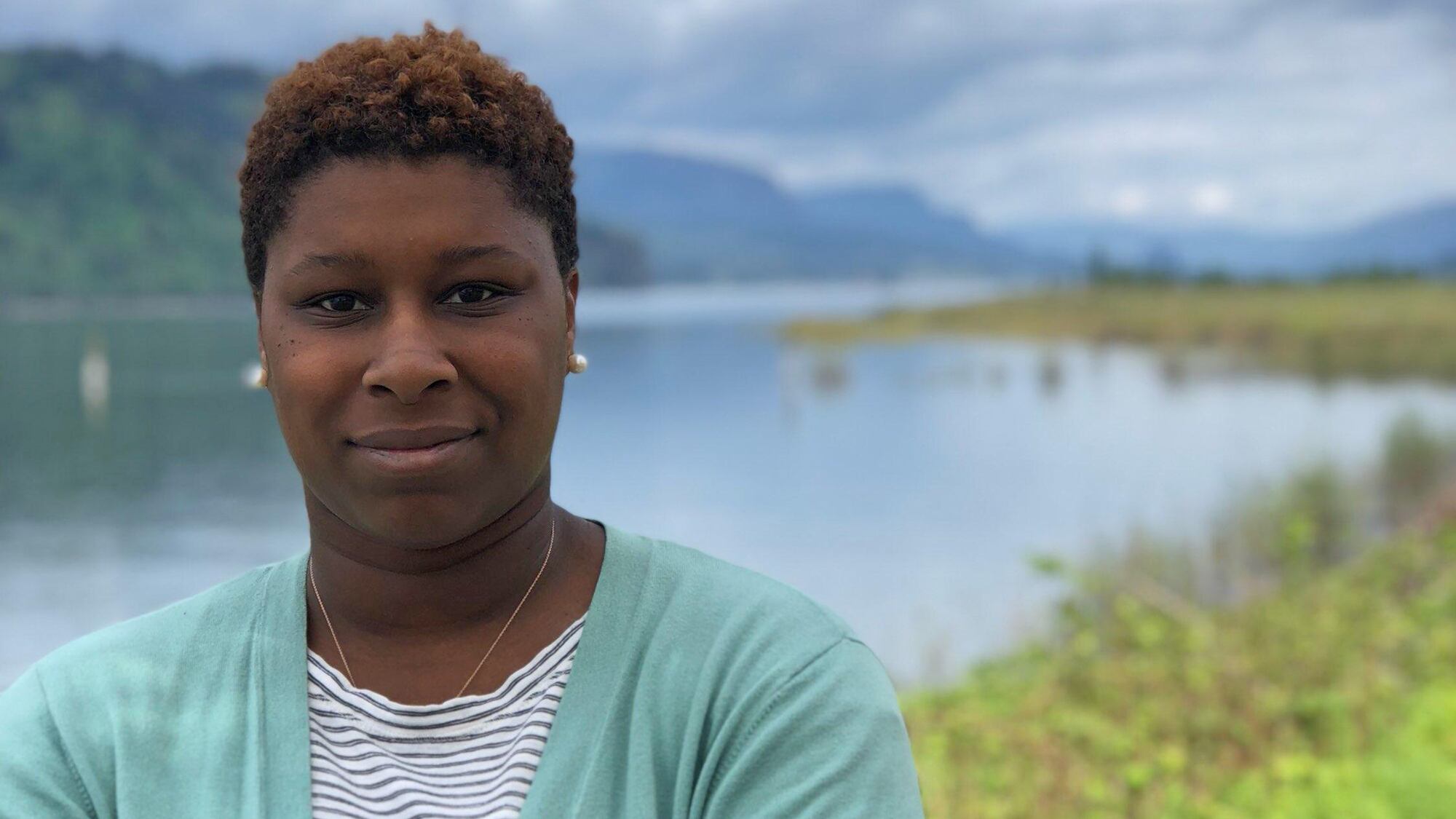As the cannabis industry gets more interesting, so do the conversations about it. Several Portlanders are starting to record theirs.
Welcome to the era of potcasting.
These free podcasts, available in their own app or on iTunes, Spotify and other services, are truly the easiest, cheapest way to learn from industry experts without paying to attend a conference where speakers tend to give fluffy, redundant presentations.
Shows like Cannacast420 and Oregon Buds are par for the course. The hosts are longtime cannabis enthusiasts with a background in growing and recreational shops who highlight different strains, concentrate varieties and local producers of note. Periodic Effects, hosted by Periodic Edibles founder Wayne Schwind, focuses on interviews with guests from the business and science ends of the industry while providing information such as job openings as a resource for listeners.
Although the tone differs from show to show, each of the established local podcasts aims to educate listeners and illuminate facets of cultivation, marketing and business in the industry.
All have one other glaring common factor: Their hosts are white men.
They bring on plenty of women as guests, but in most cases, the female presence is no match for the shows' broey overtones. Tune into an episode of Oregon Buds featuring interviews with founder Miranda Weigler and chef Megon Dee-Cave of Little House Foods and you'll have to sit through several minutes of hosts Chuck and Mikal talking about watching videos of professional athletes playing the video game Fortnite.

Tiara Darnell thinks we can do better.
Fresh off the debut of her new podcast, High, Good People, Darnell, a 29-year-old African-American woman originally from Washington, D.C., is cutting through the smoky boys' club with a narrative-style show that focuses on the perspectives of people of color in cannabis.
She first became interested in cannabis culture while attending the University of Oregon's Portland campus, where she earned a double master's degree in strategic communications and multimedia journalism, and working as a budtender at Farma, one of Portland's top dispensaries.
But as she became more familiar with the cannabis community and sought a place where she could intersect media and cannabis, she started noticing a homogeneity within the industry.
"It's already hard to get your voice heard when you're starting out in the industry," says Darnell. "It seemed like the women who get the most traction are skinny white women who look really good smoking joints. That didn't work for me."
With experience in media production and cannabis, and a desire to make an impact on the community where she's made her home, Darnell took matters into her own hands. Citing podcasts like The New York Times' The Daily as inspiration, she uses narrative storytelling on High, Good People, to weave her own observations with those of the guests highlighted in a particular episode.
The sound is crisp and clear as the pilot episode commences, homing in on the experience of people of color talking to their family about using and/or working in cannabis. She mentions how her white colleagues seemed far more at ease being open with their parents, and that white parents seemed more open to the idea. Her narration flows in and around an interview with Isaac Camacho, co-founder of local delivery service Kush Cart, whose parents fled Mexico to escape drug-related violence. To Camacho's parents, cannabis was no different than meth, and the idea of their son running a cannabis business was akin to him throwing away his education. This first episode is also an introduction to Darnell and a personal investigation of how her experience coming out as a consumer to her well-educated, middle-class African-American parents contrasts with that of Camacho's.
The second episode will explore whether the word "marijuana" is racist or not, and look at the history of the War on Drugs from the Mexican perspective. She hopes it have it online in time for the Cultivation Classic, where she'll be onstage for a panel on women in cannabis.
"I want to tell more stories about people of color who relate to cannabis in some way, whether positive or negative," Darnell says. "I really just want to see in cannabis media what I know to be true—people of all ethnicities and socioeconomic backgrounds having a relationship with cannabis."
LISTEN: Hear the first episode of High, Good People at medium.com/@darnell.tiara.
